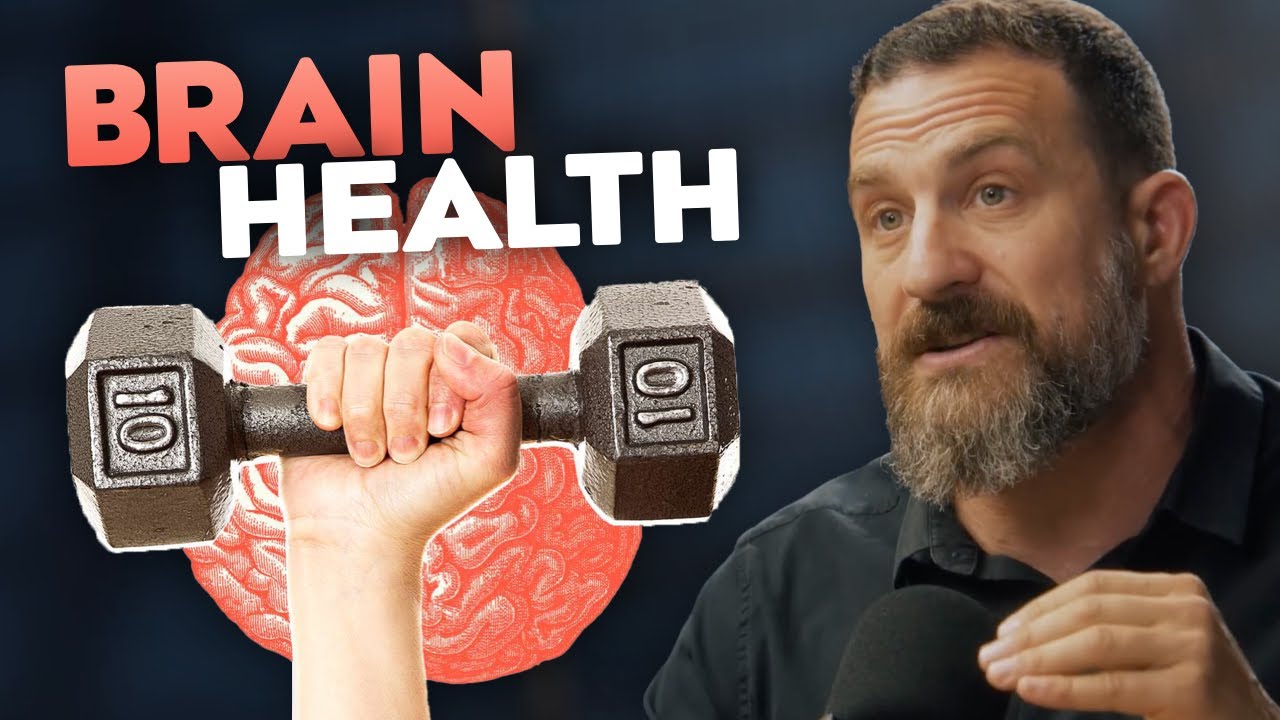Exercise is widely recognized for its benefits to physical health, but its profound impact on brain function is often overlooked. Whether your goal is to sharpen memory, boost learning capacity, or enhance long-term brain health, incorporating specific types of exercise can yield powerful cognitive rewards. From resistance training to high-intensity interval workouts, movement is a key driver of mental performance and longevity.
Understanding the Brain–Exercise Connection
Scientific research consistently shows a strong link between physical activity and improved brain function. Two primary categories of exercise—cardiovascular training and resistance training—are particularly effective in supporting brain health.
These benefits are not just theoretical. Decades of peer-reviewed studies, including both short-term and long-term interventions, demonstrate that regular physical activity enhances memory, learning, focus, and overall mental acuity. Even brief exercise sessions can lead to measurable improvements in cognition.

Cardiovascular Exercise: Fueling the Brain with Oxygen and Growth Factors
Cardiovascular exercise (or aerobic training) increases heart rate and blood flow, delivering oxygen and essential nutrients to the brain. More importantly, it stimulates the release of brain-derived neurotrophic factor (BDNF), a key protein involved in neurogenesis, synaptic plasticity, and overall cognitive resilience.
Low to Moderate-Intensity Cardio
Traditional aerobic workouts, such as jogging, swimming, or brisk walking for 30–60 minutes, have been shown to support long-term brain health. These steady-state sessions improve memory retention, increase the size of the hippocampus (the brain’s learning and memory center), and reduce the risk of neurodegenerative diseases.
High-Intensity Interval Training (HIIT)
Emerging research highlights that even very short bursts of intense cardiovascular effort—such as 6-second sprints repeated several times—can yield immediate cognitive benefits. This form of training boosts attention, reaction time, and problem-solving skills by increasing autonomic arousal and hormonal responses that enhance brain function.
Expert Tip: Include 1–2 HIIT sessions per week. Try four to six 30-second all-out sprints on a stationary bike, with 1-minute recovery between sets.
Resistance Training: Strengthening the Body and the Brain
Weight training is not just for building muscle—it also supports neurological health. Both compound movements (e.g., squats, deadlifts, presses) and isolated exercises (e.g., leg extensions) have been shown to stimulate brain function through different pathways.
The Neurological Benefits of Lifting Weights
Resistance training increases levels of insulin-like growth factor 1 (IGF-1), which supports neuroplasticity and protects brain cells from age-related decline. Additionally, resistance workouts demand mental focus and coordination, further engaging the brain’s motor cortex and executive function networks.
Time Under Tension (TUT)
Focusing on slow, controlled movements—especially the eccentric (lowering) phase of each repetition—enhances the mind-muscle connection and improves the release of myokines, which are anti-inflammatory proteins with neuroprotective properties.
Expert Tip: Add TUT to your routine by lifting a moderate weight for 3 seconds up, pausing 1 second, and lowering for 3–5 seconds.

The Role of Autonomic Arousal
One of the most critical physiological mechanisms linking exercise and cognition is autonomic arousal. Physical exertion activates the sympathetic nervous system, leading to heightened alertness, increased energy availability, and improved neural signaling. This arousal boosts cognitive performance during and shortly after exercise.
Interestingly, the cognitive benefits extend beyond the workout itself. Elevated arousal primes the brain for better “encoding”—the initial phase of learning—making post-exercise an ideal time for studying or skill acquisition.
Expert Tip: Time your workouts around your learning activities. Exercising shortly before or after studying can significantly improve memory retention.
Best Weekly Exercise Plan for Brain Health
To maximize cognitive and neurological benefits, a balanced exercise regimen should include the following four elements each week:
1. Long-Duration, Low-Intensity Cardio
Engage in one session per week of 45–75 minutes of steady-state cardio at a moderate heart rate (Zone 2). Activities can include cycling, rowing, hiking, or swimming.
Why it works: Enhances blood flow, promotes brain repair processes, and supports neurogenesis.
2. High-Intensity Interval Training (HIIT)
Perform one weekly HIIT session. Choose a format such as 4×4 minutes (4 minutes intense effort, 4 minutes rest, repeated four times) or shorter sprint intervals depending on your fitness level.
Why it works: Elevates BDNF and neurotransmitter levels, improving focus, memory, and emotional regulation.
3. Resistance Training with Time Under Tension
Incorporate 2–3 strength workouts per week, emphasizing both compound lifts and controlled tempo movements.
Why it works: Boosts IGF-1, improves coordination, and supports the neuromuscular system.
4. Explosive Movements with Eccentric Landing
Include exercises that challenge your nervous system, like box jumps or jump squats, focusing on soft landings and controlled deceleration.
Why it works: Encourages osteocalcin release (a hormone linked to cognitive performance) and improves proprioception and motor learning.
Practical Application: Tailoring Exercise to Your Schedule
Whether you’re an early riser or a night owl, there’s flexibility in how you apply these insights. If your mornings are open, training before mental tasks may boost learning and productivity for the day. If you prefer evenings, exercising after a mentally demanding day can help solidify what you’ve learned and improve recovery.
Sample Schedule
| Day | Type of Exercise |
|---|---|
| Monday | 45 min steady-state cardio |
| Tuesday | Rest or active recovery (yoga) |
| Wednesday | Resistance training + TUT focus |
| Thursday | HIIT session (e.g., 4×4 protocol) |
| Friday | Resistance training (explosive) |
| Saturday | Optional light cardio or walking |
| Sunday | Rest or mobility work |

Final Thoughts
The science is clear: exercise isn’t just for your muscles—it’s essential for your brain. By strategically integrating a mix of aerobic, high-intensity, and resistance training, you can enhance cognitive function, protect against age-related decline, and increase your capacity to learn and perform.
Looking to optimize your exercise plan for brain health? Consult with a certified nutrition and fitness expert to personalize your routine and start seeing results in both body and mind.





